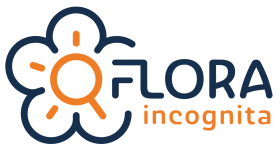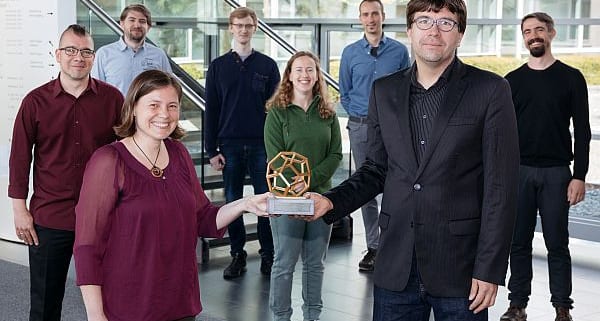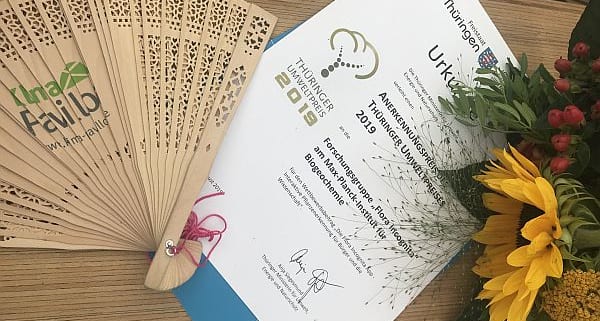Plant identification app “Flora Incognita” honored with Thuringian Research Prize
One third of the plant species in Germany is listed as endangered, tendency increasing. At the same time, the number of people with species knowledge is continuously decreasing. But how can we protect species that we don’t recognize? The Flora Incognita research project combines smartphones, artificial intelligence and citizen participation in an app that interactively and automatically identifies plants based on image recordings. With every successful application, the app learns and improves its recognition accuracy. At the same time, the records of the identified species and locations create valuable data sets to answer questions of species protection and biodiversity. More than 1 million people, from enthusiastic laypersons to biology professors, are already using the free app. The interdisciplinary project team from the Max Planck Institute for Biogeochemistry in Jena and the Technical University of Ilmenau was honored for its development with the Thuringian Research Prize in the category of applied research.
Read more

